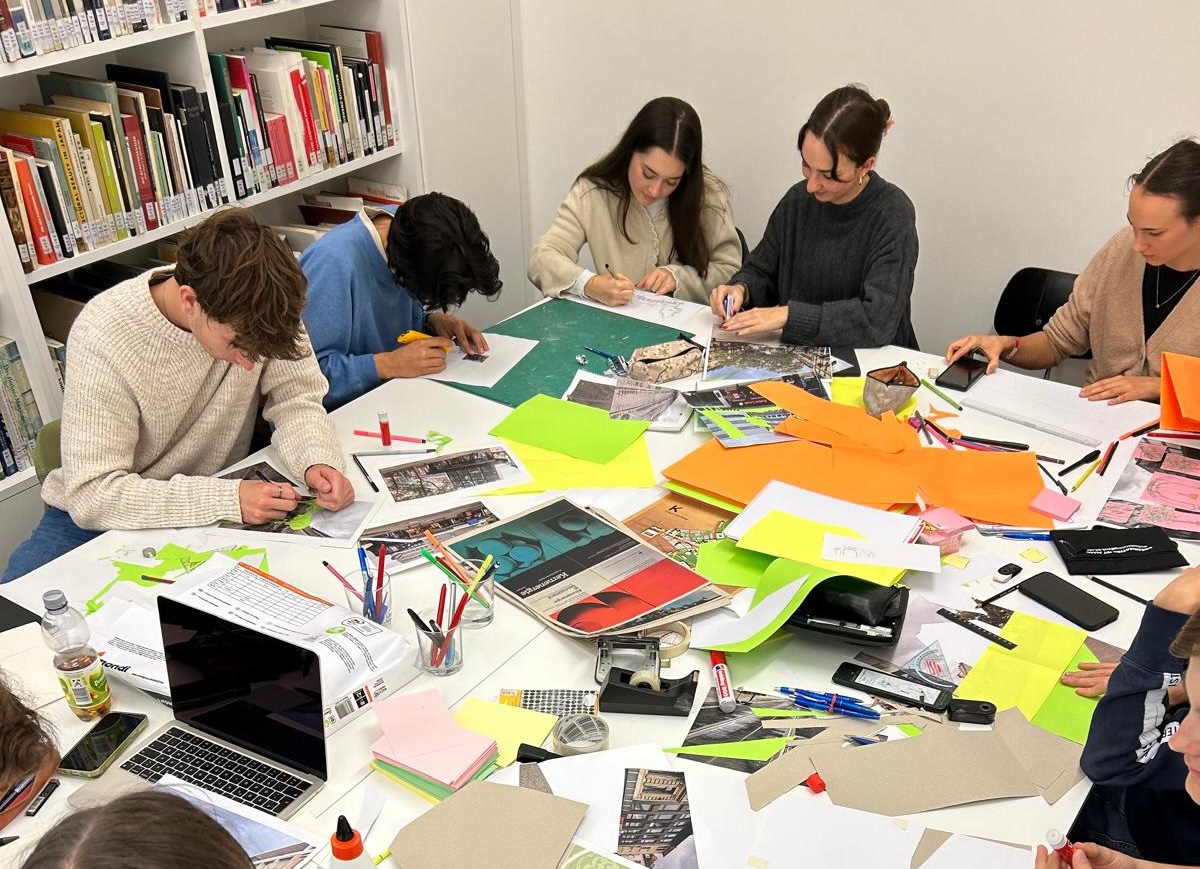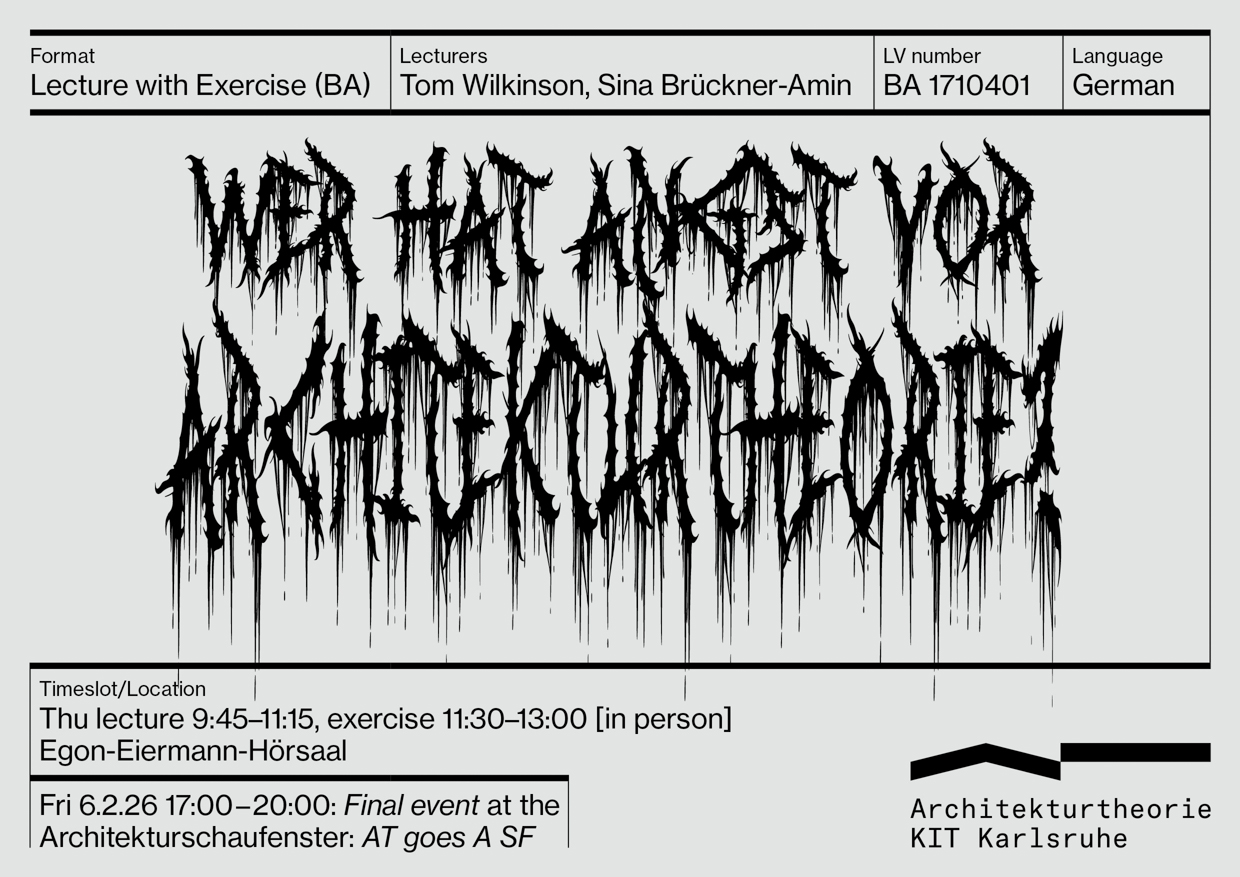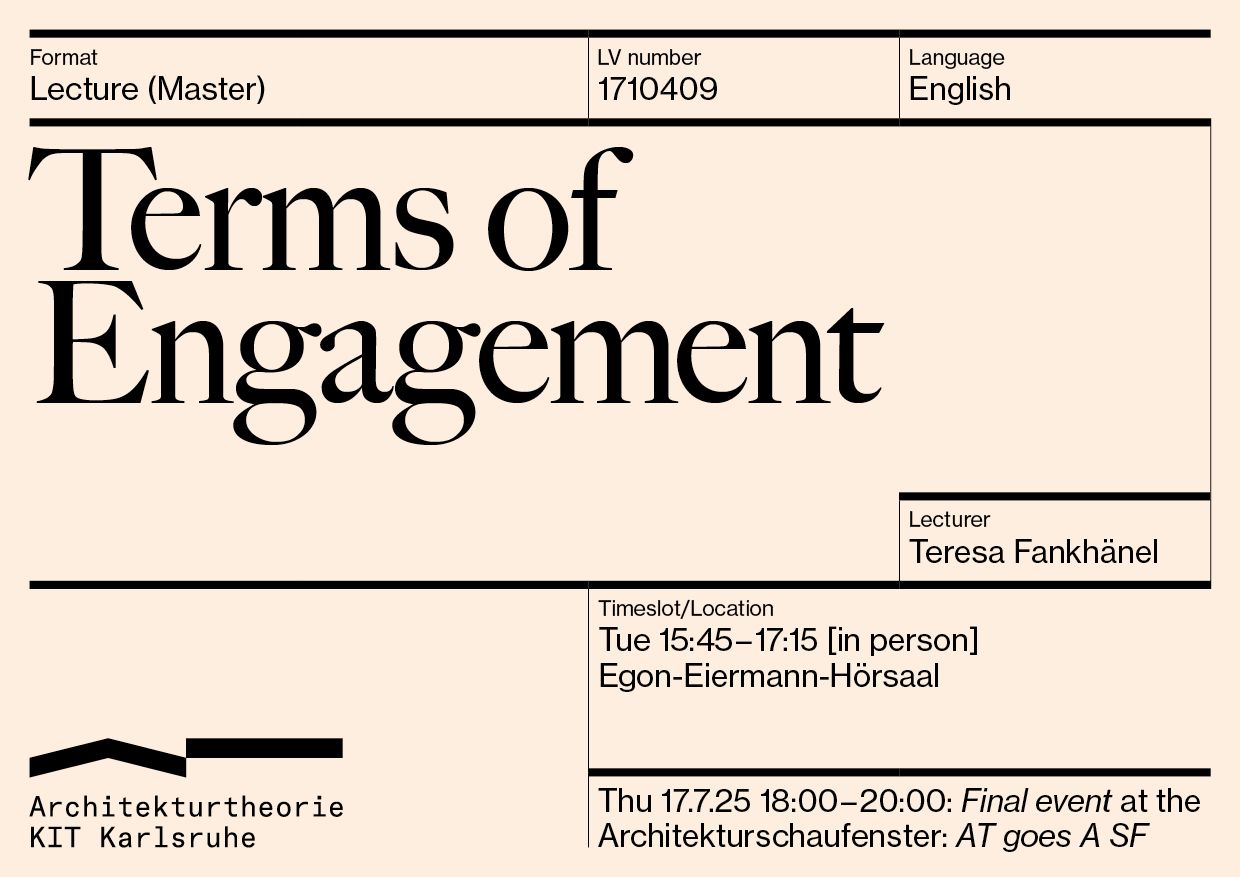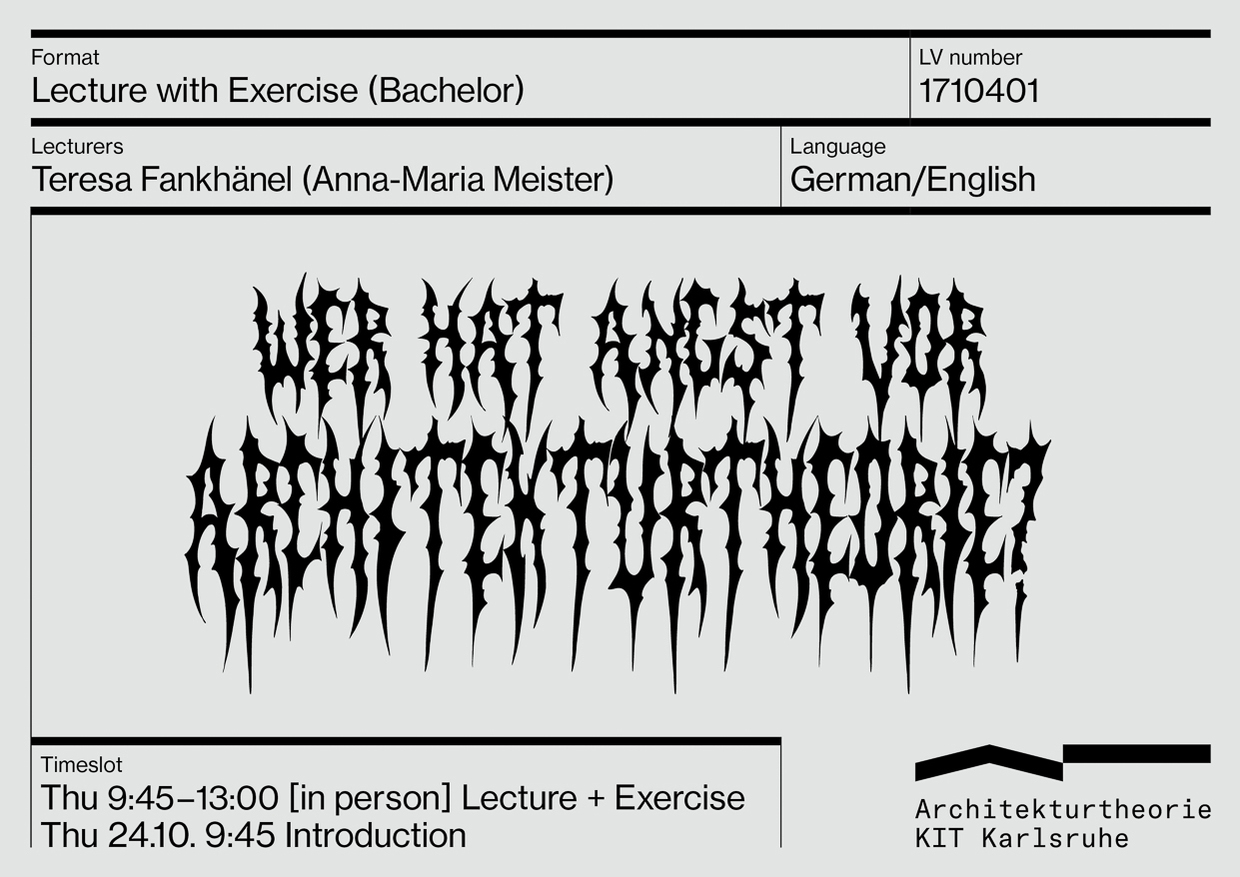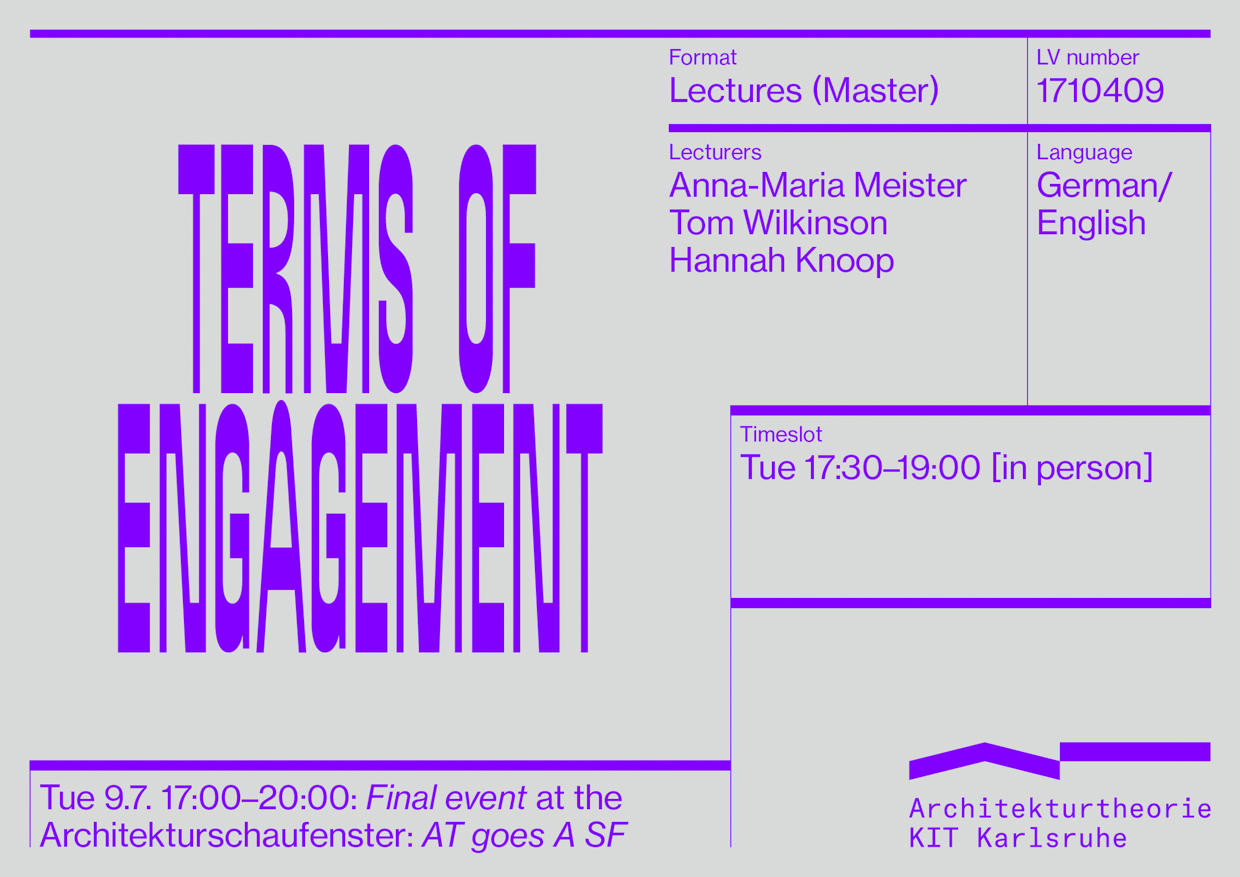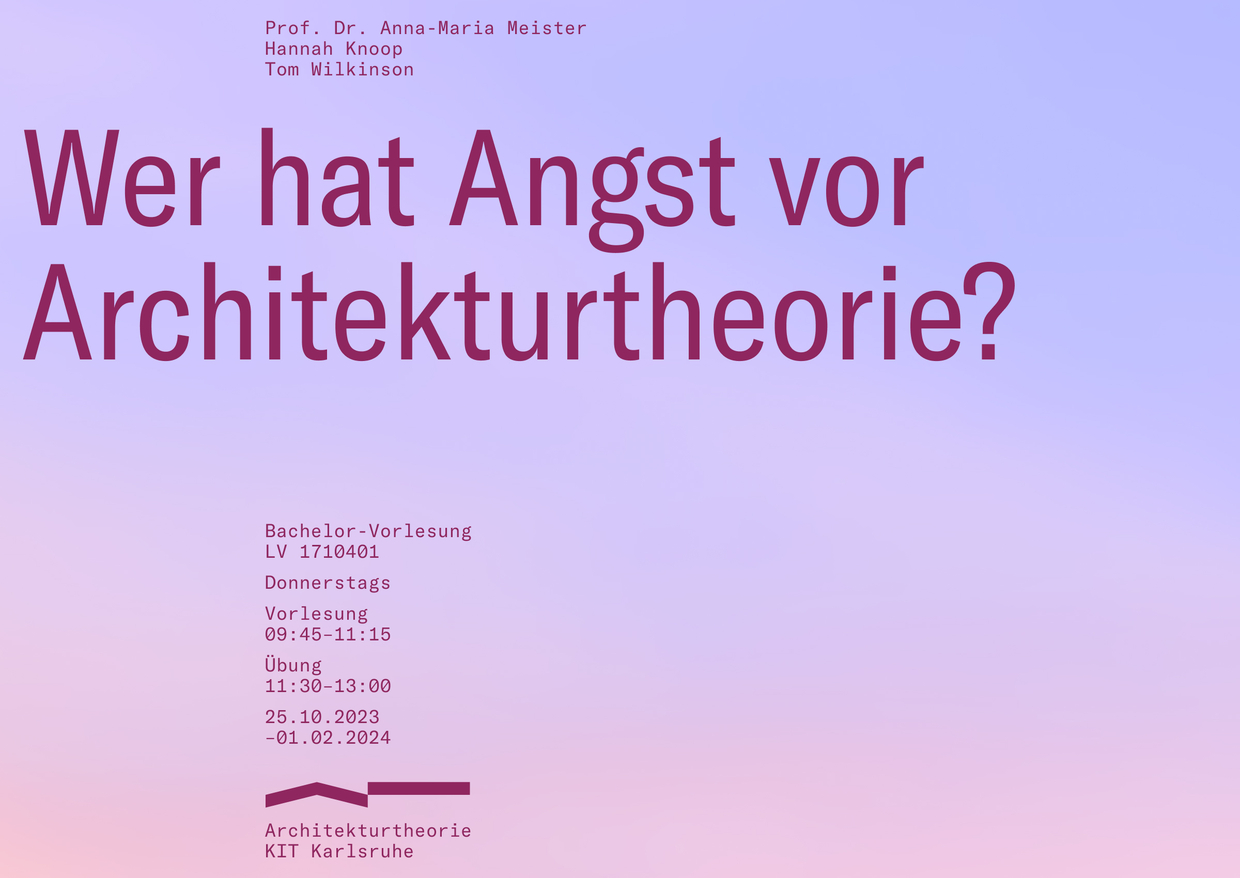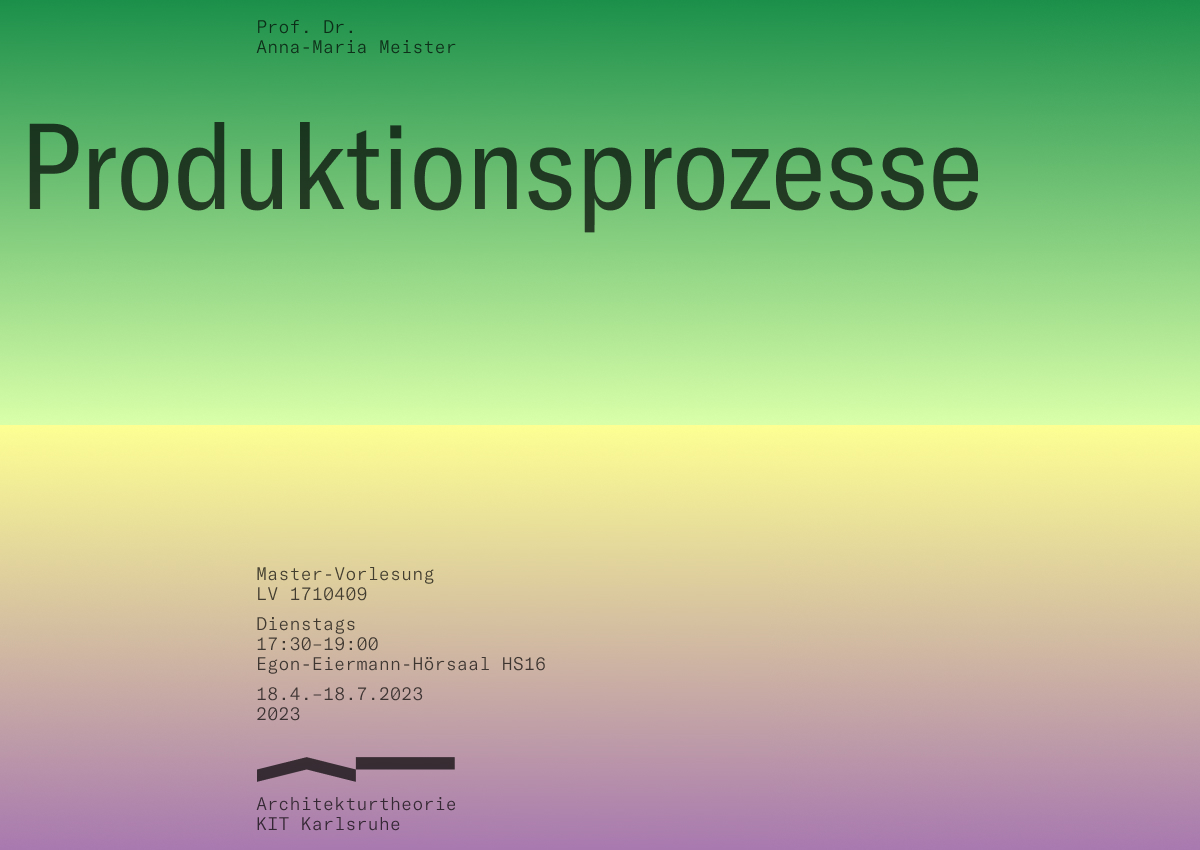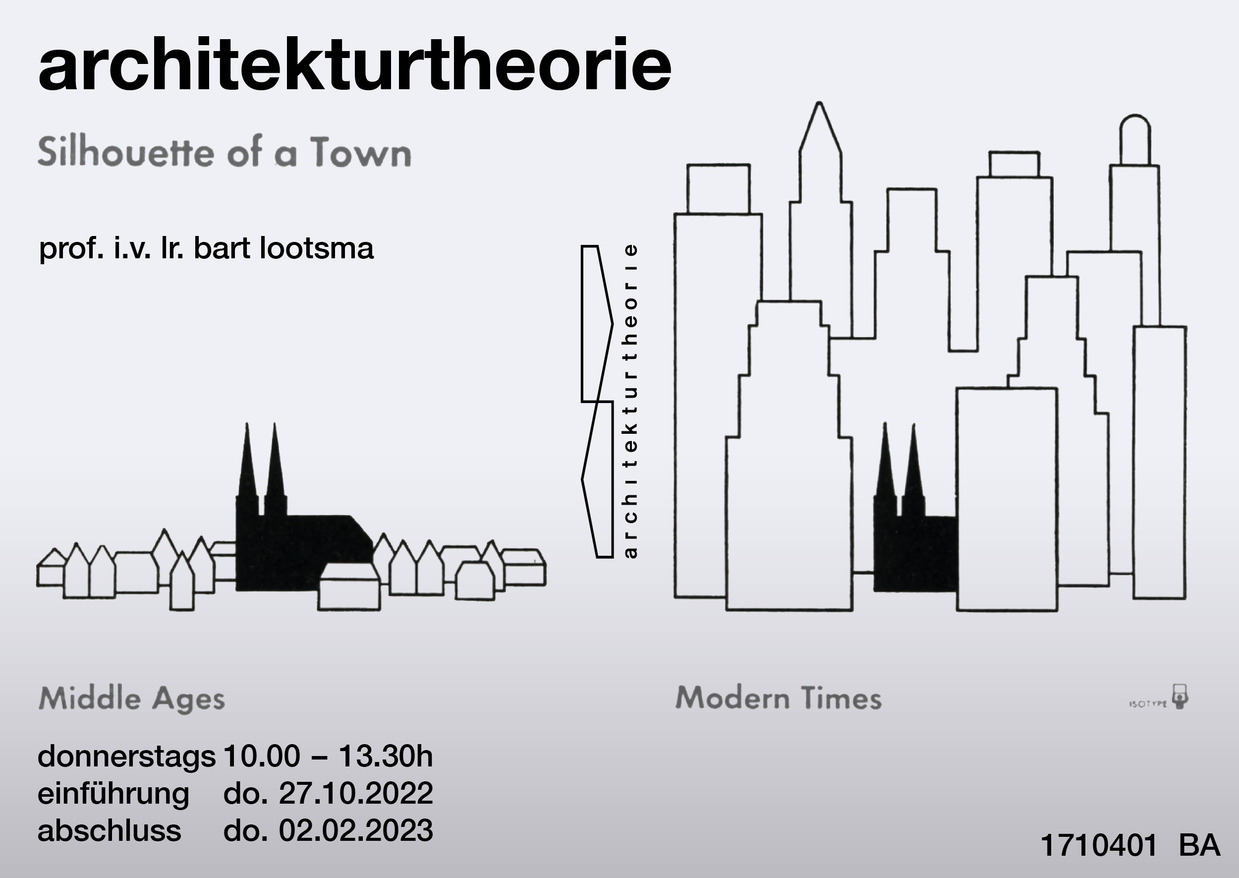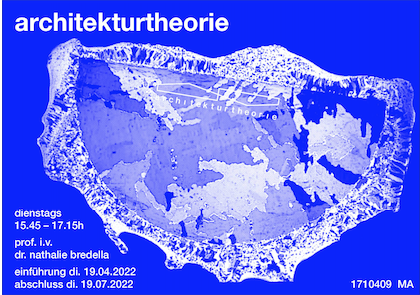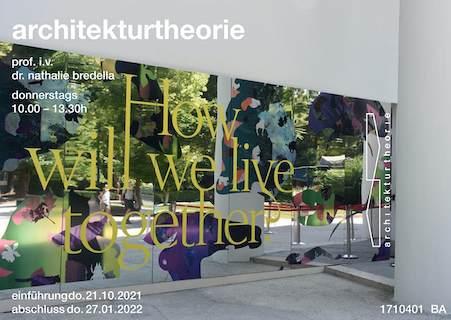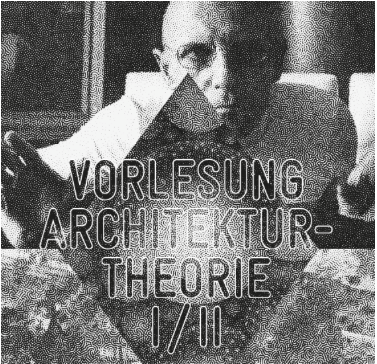Nathalie Bredella
Architectural Theory Master Lecture Series: Cultural Techniques and the Digital
With increasing digitization, the way we perceive and interact with the world is changing profoundly. This course explores the conditions, implications, and aesthetics of digital tools in design, and discusses design concepts associated with the introduction of the computer into architecture. The focus is both on how (digital) tools shape the things they store, transmit, and process, and on how cultural techniques of design shape the use of digital tools. Topics of the lecture include visualization, automation and self-organization, and standardization and non-standardization.
